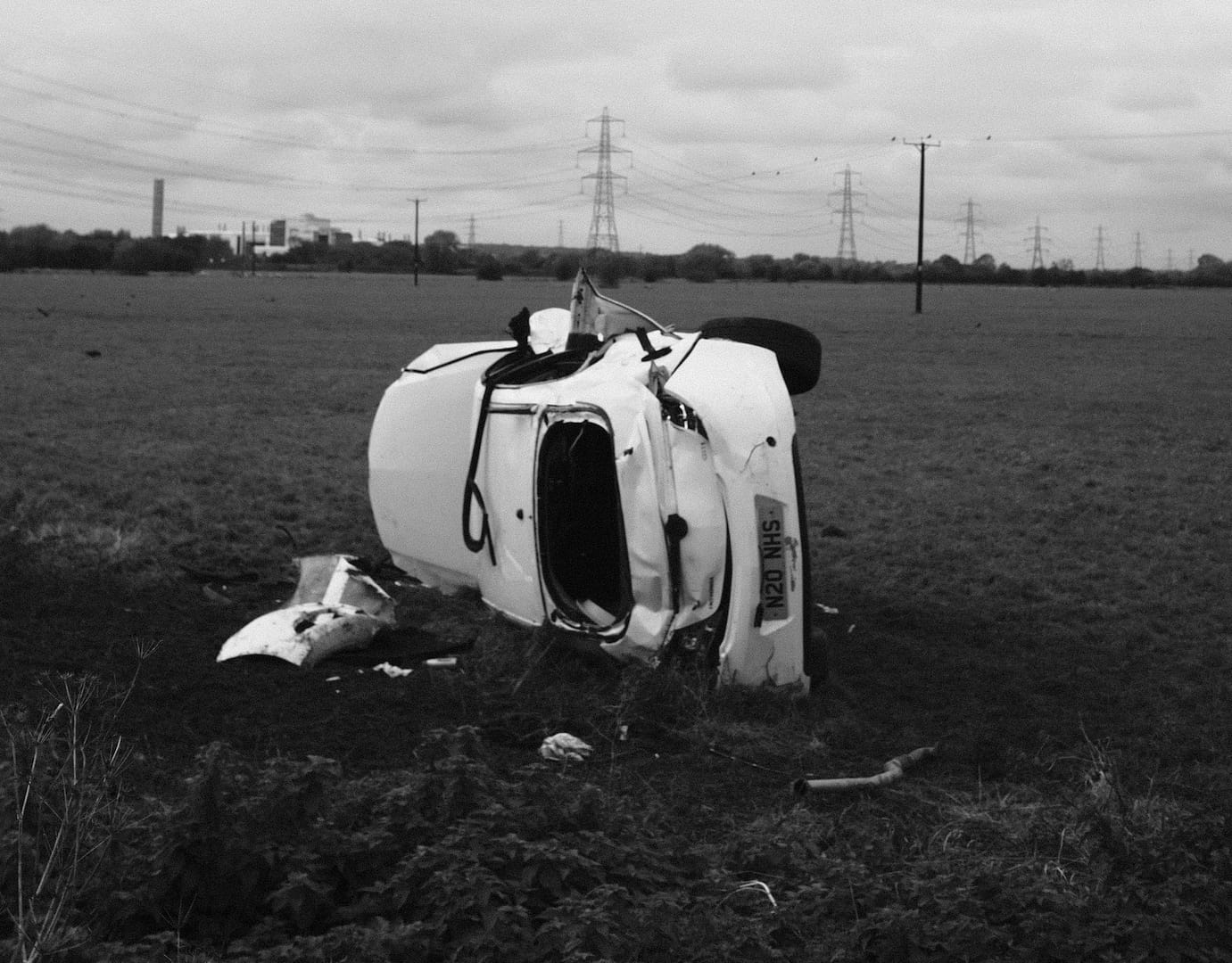In the complex realm of healthcare, where human lives hang in the balance, clinical negligence can lead to devastating consequences. It’s a global concern that transcends borders, impacting individuals in every corner of the world. To shed light on this crucial issue, we’ll embark on a journey to explore the comparative analysis of clinical negligence laws worldwide. Along the way, we’ll delve into the question of which country has the most medical malpractice cases and take a close look at the landscape of clinical negligence in the UK. We will also take a closer look at the process of making a clinical negligence claim.
Clinical Negligence: A Global Challenge
Clinical negligence, often referred to as medical malpractice in the United States, is the failure of a healthcare professional to meet the standard of care expected in their field. This failure can result in harm, injury, or even death to the patient. While the concept is universal, the laws governing clinical negligence vary significantly from one country to another.
The Quest for Global Understanding
Understanding how clinical negligence is defined and addressed worldwide is essential for patients, healthcare providers, and policymakers. It not only helps identify best practices but also highlights areas where improvements are needed. To embark on our journey, let’s first address a pressing question: which country has the most medical malpractice cases?
Which Country Has the Most Medical Malpractice Cases?
Determining which country has the highest number of medical malpractice cases can be challenging due to variations in reporting, legal systems, and healthcare infrastructure. However, the United States often stands out in discussions about medical malpractice. While the U.S. has a higher population than many other countries, it also has a well-developed legal system that encourages litigation, contributing to the perception of a higher number of cases.
In the U.S., medical malpractice cases can involve healthcare professionals, hospitals, and pharmaceutical companies. They cover a wide range of issues, from surgical errors and misdiagnoses to medication errors and birth injuries. The American healthcare system’s complexity and the significant financial stakes involved in litigation make it a focal point for discussions about medical malpractice worldwide.
Other countries, such as Germany and France, also experience a notable number of medical malpractice cases, but the perception may differ due to variations in healthcare delivery and legal systems. In Germany, for instance, a no-fault system governs medical malpractice claims, which can influence how cases are reported and resolved.
It’s important to note that while some countries may report higher numbers of cases, it doesn’t necessarily mean they have more clinical negligence incidents. Reporting mechanisms, legal thresholds, and cultural factors can all play a significant role in shaping the statistics.
Clinical Negligence in the UK
Now, let’s shift our focus to the United Kingdom, where clinical negligence laws have evolved over time to address the growing concerns of patients and healthcare providers. The UK provides an interesting case study, offering insights into the nuances of clinical negligence laws in a country with a well-established healthcare system and legal framework.
The Evolution of Clinical Negligence Laws
The history of clinical negligence laws in the UK can be traced back to the 18th century when medical practitioners enjoyed a high degree of immunity from lawsuits. However, as healthcare practices advanced, so did the expectations of patients. The legal landscape began to change in the mid-20th century as a result of several landmark cases that shifted the balance of power towards patients.
One of the most influential cases in the UK’s clinical negligence legal history is the Bolam test. This test, established in 1957, set the standard for medical negligence cases. It stated that a doctor would not be found negligent if their actions were in line with a responsible body of medical opinion. This test, however, underwent modifications over the years, especially after the Bolitho case in 1997, which introduced a stricter approach to assessing the reasonableness of medical opinion.
The Role of the National Health Service (NHS)
The United Kingdom is known for its National Health Service (NHS), a publicly funded healthcare system that provides healthcare services to the entire population. While the NHS is celebrated for its accessibility, it also faces the challenge of clinical negligence claims. As one of the largest employers of healthcare professionals in the world, the NHS handles a substantial number of cases.
In recent years, clinical negligence claims against the NHS have garnered significant attention. The increasing number of claims has prompted the UK government to undertake reforms aimed at controlling costs and improving patient safety. These reforms include the introduction of the Clinical Negligence Scheme for Trusts (CNST) and measures to promote transparency and learning from errors.
The Burden of Proof
In clinical negligence cases in the UK, the burden of proof rests with the claimant, who must establish that the healthcare professional’s actions fell below the standard of care expected in their field, and that this breach of duty caused harm to the patient. Expert medical opinion often plays a pivotal role in these cases, with both parties presenting their expert witnesses to support their arguments.
The claims process in clinical negligence cases can be lengthy and complex. Cases may go through multiple stages, including investigation, pre-action protocols, and ultimately, litigation in court if a settlement cannot be reached. The compensation awarded to successful claimants varies based on the severity of the harm suffered, with significant sums sometimes being awarded in cases of catastrophic injuries.
A Focus on Patient Safety
While clinical negligence laws provide a mechanism for seeking redress, there is a growing emphasis on patient safety in the UK. Healthcare institutions are encouraged to adopt a proactive approach to identify and mitigate risks to prevent clinical negligence from occurring in the first place.
One notable initiative in this regard is the Duty of Candour, which requires healthcare providers to be open and honest with patients and their families when things go wrong. It promotes transparency and fosters a culture of learning from mistakes, with the aim of improving patient safety and reducing the incidence of clinical negligence.
Making a Clinical Negligence Claim with National Claims
Now, imagine you or a loved one has experienced clinical negligence, and you’re seeking justice and compensation for the harm suffered. This is where National Claims, a leading provider of legal services specialising in clinical negligence claims, comes into the picture.
We Understand Your Pain
At National Claims, we understand that going through the ordeal of clinical negligence is both emotionally and physically distressing. It’s a journey fraught with uncertainties, and we are here to guide you every step of the way. Our experienced team of legal professionals is dedicated to helping you seek justice and the compensation you deserve.
Initial Consultation
The first step in making a clinical negligence claim with National Claims is to schedule an initial consultation. During this confidential meeting, you will have the opportunity to share your story and discuss the circumstances surrounding your case. Our compassionate team will listen attentively, asking relevant questions to gain a thorough understanding of your situation.
Evaluation and Investigation
After the initial consultation, our claims specialists will embark on a comprehensive evaluation and investigation of your case. This includes gathering medical records, consulting with expert witnesses, and analysing the evidence to determine the strength of your claim. We leave no stone unturned in building a robust case on your behalf.

Conclusion
In conclusion, clinical negligence is a global challenge that affects individuals and families worldwide. While the United States often receives attention for its high number of medical malpractice cases, the issue is not confined to any one country. Each nation has its own unique legal framework and healthcare system that shape the landscape of clinical negligence.
If you find yourself in the unfortunate position of seeking justice and compensation for clinical negligence, National Claims is here to support you. Our dedicated team of claims specialists will guide you through the claims process, advocating tirelessly on your behalf. Whether through negotiation or litigation, our goal is to secure the compensation you deserve and to ensure that your voice is heard in the pursuit of justice. Clinical negligence may be a global challenge, but with the right legal support, you can navigate its complexities and seek the redress you rightfully deserve.
Contact us to get started on your claim and speak to one of our claims specialists to help you along with the process.
Click below to see why we are one of the most trusted claims management companies in the UK.

We’re proud of our excellent customer reviews
We thrive on delivering exceptional service and ensuring our clients’ satisfaction. Don’t just take our word for it. Check out some of our independent reviews to see what our clients have to say.
Excellent

This firm is excellent, they sorted out my car pay out and injury claim very fast, they always communicate with you all the time.

My accident case was dealt with confidence and with great result of the outcome, especially James kept me informed all the time.

I was very impressed at the way my inquiry was treated. I was listened to attentively and everything I needed to know was explained to me.






